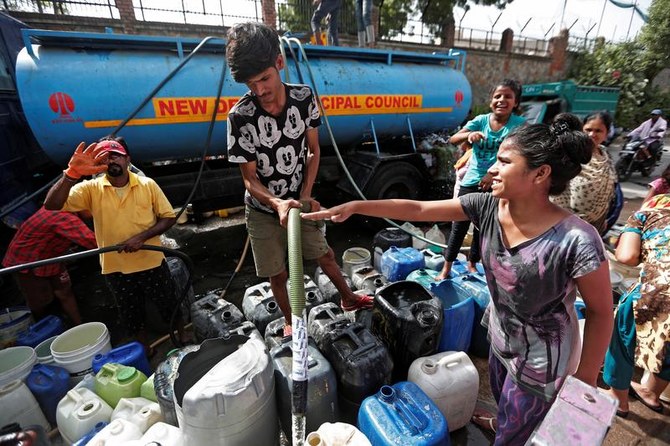
Carnival suffered losses of $4.4bn (£3.6bn) in three months, as the cruise company’s business was all but sunk by the Covid-19 pandemic.
Revenues dropped to $700m from $4.8bn for the same March-May period in 2019, as bookings dried up and the corporation’s cruise lines suspended sailings after severe outbreaks onboard its ships.
While many lines, including its British subsidiaries P&O and Cunard, have said they will pause operations until at least the autumn, Carnival hopes some business will resume from late summer, with $475m banked in bookings for 2020 sailings. It retains a total of $2.6bn in customers’ cash, with many having accepted vouchers for future sailings in 2021.
Many ships – with crew onboard – remain offshore and unable to dock because of restrictions imposed by governments. Carnival said 21,000 employees were still on its ships, about a quarter of its crew, but it expected to return most of them home by the end of June.
The company warned it would face ongoing operating and administrative costs of about $250m per month once all of its ships are in “paused status”. Only 61 of more than 100 ships in the fleet have so far managed to reach harbour.
The group plans to sell six cruise ships, which typically cost between $500m and $1bn new, as it seeks to adjust to an uncertain future.
Carnival said it could not predict when normal business would resume. However, it “expects to resume guest operations, after collaboration with both government and health authorities, in a phased manner, with specific ships and brands returning to service over time”.
It expects the first cruise holidays to return “will be from a select number of easily accessible homeports”, rather than the fly-cruise market, and that its fleets will be smaller.
Carnival said it had raised more than $6.6bn this year in bonds and share issues to boost its liquidity.
It said earlier this year that the sector may never fully recover, after being centre stage during the early part of the pandemic. Passengers on the Diamond Princess were confined to a cabin off Japan in February, while the Ruby Princess was identified as a key importer of Covid-19 to Australia.
The cruise operator, which had to repatriate passengers at a huge cost, faces lawsuits from passengers on coronavirus-hit ships.
In another sign of the industry’s struggles, the British cruise line company Cruise and Maritime Voyages said on Wednesday it was in emergency discussions with prospective investors and lenders after a potential loan deal collapsed.











